The customer experience is at the forefront of every successful business strategy. In a world where customer satisfaction can make or break a company, choosing the right customer service software becomes paramount.
If you've been researching options to enhance your customer relationships, you've likely come across two popular contenders: HubSpot and Zendesk. These software solutions are specifically designed to empower businesses in delivering exceptional customer service and improving overall customer experience.
Now, the question: Which one is the right choice for your team?
In this blog article, we will conduct a comprehensive comparison between HubSpot and Zendesk, enabling you to make an informed decision. We will delve into the features, functionalities, and benefits offered by each platform, so you can identify the best tool that aligns with your specific business needs.
Unveiling HubSpot and Zendesk
HubSpot, a leading customer relationship management (CRM) platform, offers a comprehensive suite of software solutions designed to empower businesses in their growth journey. By incorporating sales, service, marketing, content management, and operations software, HubSpot facilitates improved performance and outcomes.
One of its key offerings, Service Hub, seamlessly integrates with HubSpot's CRM platform and is user-friendly, with a strong emphasis on delivering authentic customer service. Service Hub achieves this through a range of features, including conversational tools, a shared inbox, ticket pipelines, help desk automation, knowledge base functionality, a customer portal, and playbooks, ensuring that the customer remains the top priority.
Similarly, Zendesk, a prominent customer service platform, focuses on providing software-as-a-service (SaaS) products for customer support and sales. At the heart of Zendesk lies Zendesk Suite a comprehensive ticketing system, which brings together a collection of Zendesk products and capabilities. This suite equips organizations with the necessary tools to create a seamless, omnichannel support solution. By leveraging Zendesk Suite, businesses can effectively manage customer support across multiple channels and touchpoints, ensuring consistent and efficient communication.
The BIG difference between the two? HubSpot at its core is a CRM, allowing tickets to seamlessly be connected to the contact and companies making inquiries. It gives you the 360-degree view of the customer that most service tools lack. Zendesk, however, does not have a centralized CRM and is really a stand-alone service software. HubSpot is an all-in-one for marketing, sales and service.
Let's explore the capabilities of HubSpot and Zendesk, and discover how they can revolutionize your customer service operations.
Hubspot Service Hub Vs. Zendesk Suite: A Detailed Side-By-Side Evaluation
In the quest for the ideal customer support management tool, two prominent contenders emerge: HubSpot Service Hub and Zendesk Support. But which one emerges as the ultimate victor? Let’s compare the two.
Tools for Enhancing Service Efficiency
HubSpot Service Hub provides a diverse range of tools aimed at improving agent efficiency. These tools encompass customer service automation, SLA management, omni-channel messaging, a mobile inbox, and a customer portal.
By integrating with marketing and sales activities, HubSpot Service Hub empowers service teams with a holistic view, enabling them to deliver genuine and personalized service experiences.
In line with its established position as help desk software, Zendesk offers an array of features designed to support agents effectively. These features include SLA management and customizable ticket layouts, which are commonly required by advanced support teams. Moreover, Zendesk Suite excels in providing strong help center features that enable self-service options in over 40 languages.
However, while Zendesk Suite excels in optimizing individual teams, it may lack certain features needed to achieve complete alignment among front-office teams on a unified interface.
Integrations and Extensibility
HubSpot provides over 500 integrations with well-known tools that can enhance your use of Service Hub, including integrations with most popular ERPsr. Additionally, HubSpot offers an open API that enables developers to create custom integrations to meet specific business requirements. This seamless integration allows businesses to connect their support system with other tools and streamline their workflows effectively.
In contrast, Zendesk Suite provides users with the flexibility of integrating their support system with widely used tools such as Salesforce, Slack, and Jira. However, it is important to note that the number of available integrations in Zendesk Suite falls slightly short when compared to the extensive range offered by HubSpot. Despite this, Zendesk compensates for the lower quantity of integrations through the provision of an open API.
Self-Service Capabilities for Enhanced Customer Experience
HubSpot Service Hub provides a comprehensive set of features to empower customers with self-service options. In the Professional and Enterprise tiers, HubSpot offers customer portal and knowledge base software. These tools are equipped with multi-lingual and Single Sign-On (SSO) capabilities, ensuring customized access to the right content for your customers. The knowledge base articles can also be public or private. If public, HubSpot ensures articles are structured in a way that can rank well in search results.
Furthermore, HubSpot includes built-in reporting dashboards to track the impact of each knowledge base article, allowing for continuous improvement over time. The customer portal, integrated with the shared inbox, facilitates ongoing ticket conversations between customers and representatives, grants access to the knowledge base, and can be customized to create an optimal customer experience.
Similarly, Zendesk Suite also caters to self-service needs through its knowledge base functionality available across all tiers. Additionally, the Growth, Professional, and Enterprise tiers of Zendesk Suite offer customer portal functionality. Contextual self-service, multiple help centers, and a structured content view are available in each of the individual plans, ensuring that users can access relevant information efficiently. Furthermore, all users have access to the Zendesk Community portal, which serves as a platform for users to seek assistance and resolve their own queries.
HubSpot vs. Zendesk: How HubSpot Triumphs in Customer Support
In the competitive landscape of customer support platforms, HubSpot has emerged as a powerful contender, offering a comprehensive set of features that outshine its competitors. In this section, we will take a look at the reasons why HubSpot stands out against Zendesk, highlighting its superior ticketing system, robust automation capabilities, seamless integration with sales and marketing tools, and advanced reporting and analytics.
Intuitive Ticketing System: HubSpot's ticketing system is renowned for its user-friendly interface and ease of use. Agents can efficiently manage and track customer inquiries, assign tickets, and collaborate seamlessly. The intuitive layout ensures a smooth workflow, reducing agent training time and enhancing productivity.
Powerful Automation: HubSpot takes automation to the next level, providing a wide array of automation tools that streamline support processes. With workflows, agents can automate repetitive tasks, ensuring prompt ticket resolution and reducing manual effort. HubSpot's automation capabilities extend to ticket routing, notifications, and escalations, enabling agents to prioritize critical issues and deliver personalized customer experiences.
Seamless Integration with Sales and Marketing Tools: One of HubSpot's key advantages over Zendesk is its seamless integration with the HubSpot CRM and marketing tools. This integration enables support agents to access valuable customer information, such as purchase history, lead status, and marketing interactions. Having this contextual information at their fingertips empowers agents to provide personalized and targeted support, enhancing the overall customer experience.
Advanced Reporting and Analytics: HubSpot's reporting and analytics capabilities give businesses a comprehensive view of their support operations. With customizable dashboards and real-time metrics, organizations can gain valuable insights into ticket volumes, response times, customer satisfaction ratings, and agent performance. These insights enable data-driven decision-making, leading to continuous improvements in support processes and customer satisfaction.
Unified Platform for Sales, Marketing, and Support: Unlike Zendesk, which primarily focuses on customer support, HubSpot offers a unified platform that encompasses sales, marketing, and support. This integrated approach enables seamless collaboration between teams, breaks down data silos, and provides a holistic view of the customer journey. By leveraging this unified platform, businesses can deliver a cohesive and personalized customer experience across all touchpoints.
Extensive Knowledge Base and Content Management: HubSpot's Knowledge Base and content management capabilities go beyond traditional support documentation. With the HubSpot CMS, businesses can create and manage a dynamic and engaging knowledge base that is integrated with their website. This empowers customers to find answers to their queries independently, reducing support ticket volumes and enhancing self-service options.
Where Zendesk Differs from HubSpot
The Knowledge Base/Help Center: Zendesk excels in creating multiple Knowledge Bases across various brands and use cases. Whether for internal purposes, external client support, or exclusive access by certified partners, Zendesk simplifies the process of building, deploying, and optimizing unique Knowledge Bases. This flexibility allows businesses to tailor their knowledge resources to specific audiences and deliver targeted information efficiently. Additionally, Zendesk's Knowledge Base article reporting provides valuable insights, similar to HubSpot, including views, time spent, and user ratings. This data enables businesses to track the effectiveness of their articles, make informed optimizations, and continuously improve the self-service experience for customers.
NOTE: HubSpot’s Service Hub roadmap for 2023-2024 does include more robust knowledge base features, including customization of design. Keep an eye out for updates!
Using Macros: HubSpot Snippets on Steroids: Zendesk users swear by Macros. Macros are prepared responses or actions that agents can apply manually when creating or updating tickets. They offer a range of benefits, including increased efficiency, improved consistency, and personalized automation. Macros can be personalized for each user and shared across teams, enabling streamlined collaboration and consistent customer interactions. With Macros, agents can quickly add comment text, update ticket fields, add or remove ticket tags, add CCs, change assignees, set ticket subjects, attach files, and initiate side conversations. By harnessing the power of Macros, businesses can reduce response times, enhance agent productivity, and ensure no customer query falls through the cracks.
HubSpot’s response to Macros are snippets and templates, which are canned responses that can be utilized in email and chat. There are also Workflows that allow for more robust automation options than Macros – different tools, but no less effective.
Bonus: HubSpot is also working on more AI-powered features to enable service agents to be even more efficient in responses.
Driving Self-Service and Collaboration via Community Forums: Zendesk leverages its Knowledge Base tool to create comprehensive community forums, facilitating self-service options and fostering collaboration among customers. These forums enable customers to interact with each other, share knowledge, and solve problems collectively. By encouraging customers to engage in discussions, businesses can reduce support ticket volumes, empower their user community, and foster a sense of belonging. The integration of Zendesk's Forum software with Tickets further enhances collaboration. Customer posts within the community forums can be easily transformed into actionable tickets, ensuring that customer feedback and issues are addressed promptly and efficiently.
While HubSpot offers a Customer Portal today, it does not yet have a native customer community function to power forums.
HubSpot Service Hub vs. Zendesk Suite: Pricing Comparison (as of June 2023)
When it comes to pricing, HubSpot Service Hub and Zendesk offer different options to cater to various business needs. Let's take a closer look at their pricing models:
HubSpot Service Hub:
Starter Plan: The Starter plan starts at $18 per month, billed annually at $216. This version includes two paid users, and additional users can be added for $9 per month per user.
Professional Plan: The Professional plan is priced at $450 per month, billed annually at $5400. It includes five paid users, and each additional user costs $90 per month.
Enterprise Plan: The Enterprise plan, which covers ten paid users, is available for $1,200 per month, billed annually at $14,400. Each extra user in this plan costs $120 per month.
Source: HubSpot Service Hub
Zendesk offers a free trial and a free plan for small organizations starting with customer care. Here are the paid versions of Zendesk Support:
- Support Team: The Support Team plan is billed at $19 per agent per month, billed annually.
- Support Professional: The Support Professional plan costs $49 per agent per month, billed annually.
- Support Enterprise: The Support Enterprise plan is priced at $99 per agent per month, billed annually.
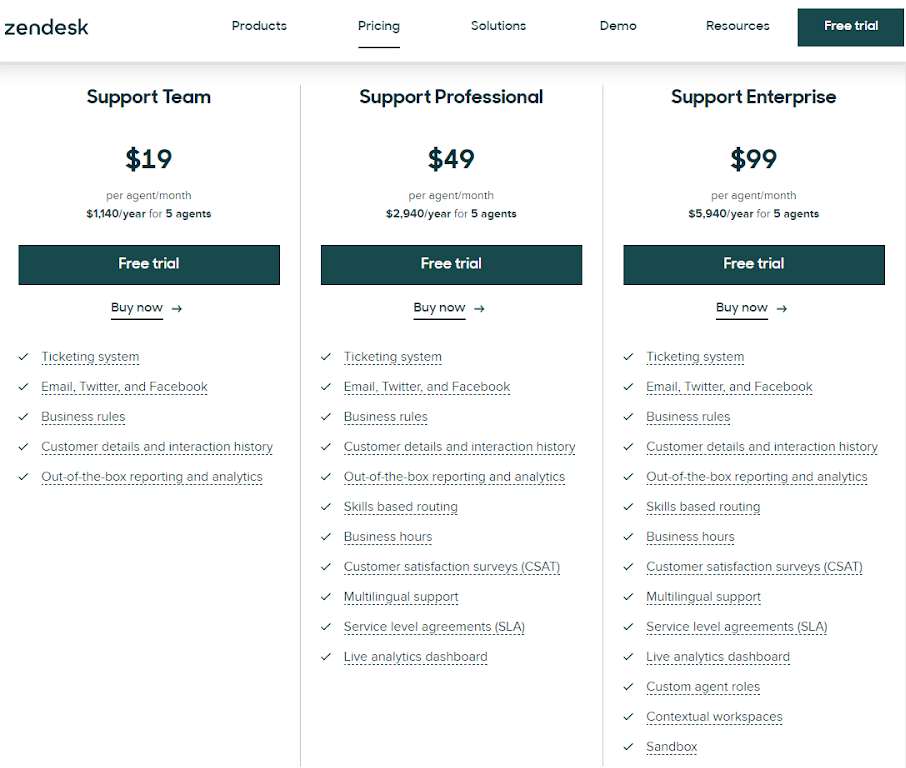
Source: Zendesk Support Suite
The Bottom Line
While both HubSpot and Zendesk offer robust customer support solutions, HubSpot's unique features and advantages set it apart from the competition. Its intuitive ticketing system, powerful automation capabilities, seamless integration with sales and marketing tools, advanced reporting and analytics, unified platform approach, and extensive knowledge base and content management make it the preferred choice for organizations seeking to deliver exceptional customer support.
By leveraging HubSpot's comprehensive set of features, businesses can optimize their support processes, provide personalized customer experiences, and drive customer satisfaction and loyalty. Whether it's automating routine tasks, integrating support with sales and marketing efforts, or gaining valuable insights from analytics, HubSpot emerges as the winner in the realm of customer support platforms.
Ultimately, by conducting a thorough evaluation of the features, functionalities, and pricing options of both HubSpot and Zendesk, you can make an informed decision and select the customer service software that aligns best with your business requirements. Remember, prioritizing the customer experience is key to success in today's competitive landscape, and the right software can revolutionize your customer service operations and drive long-term growth.
We trust that this blog will aid you in making an educated choice between Zendesk and HubSpot Service Hub, enabling you to select the most suitable tool for your customer relationship management requirements.
If you are interested in exploring the world of HubSpot and require guidance, we are here to help you at every stage. Please don't hesitate to contact us if you need any assistance.



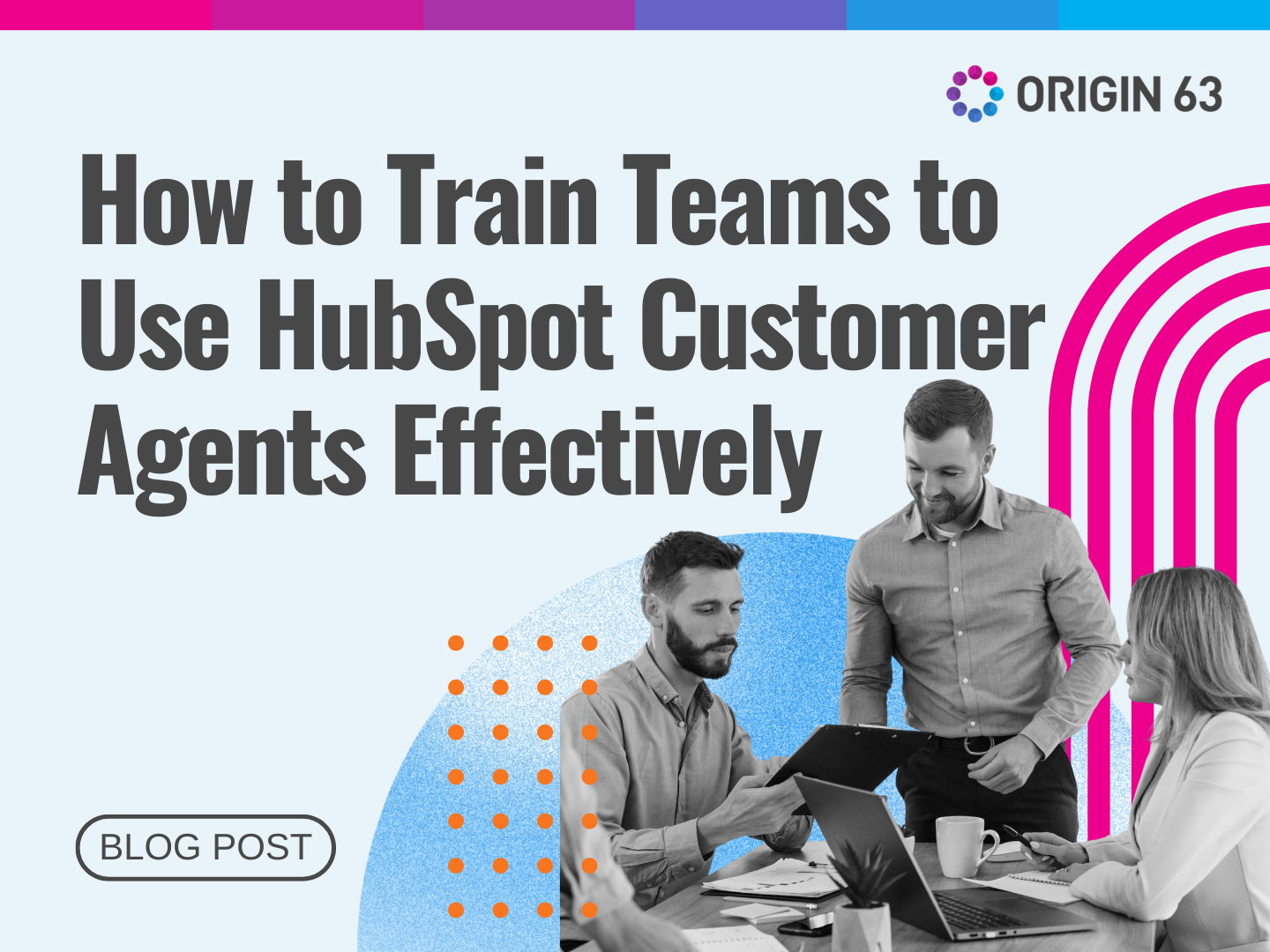
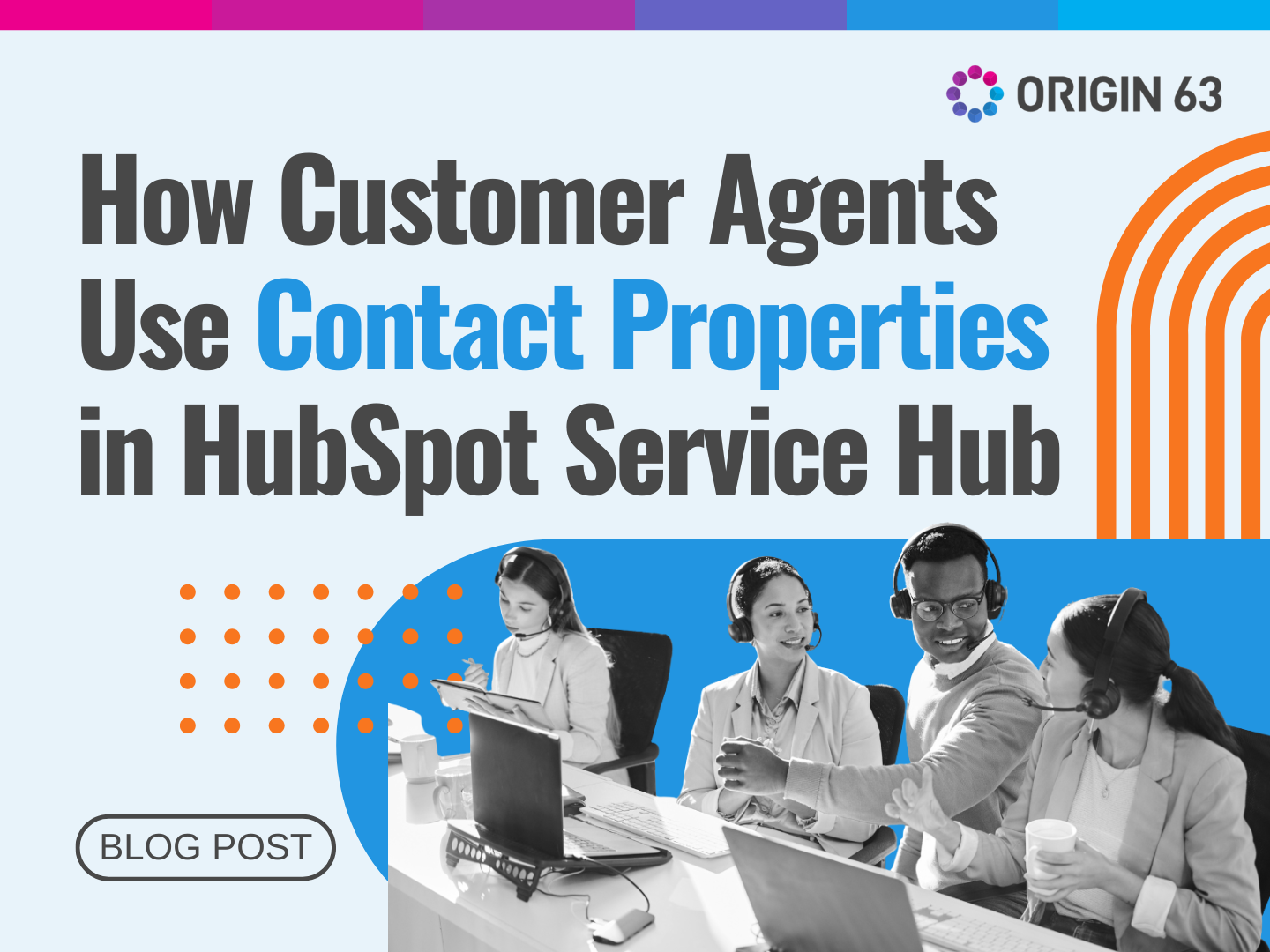
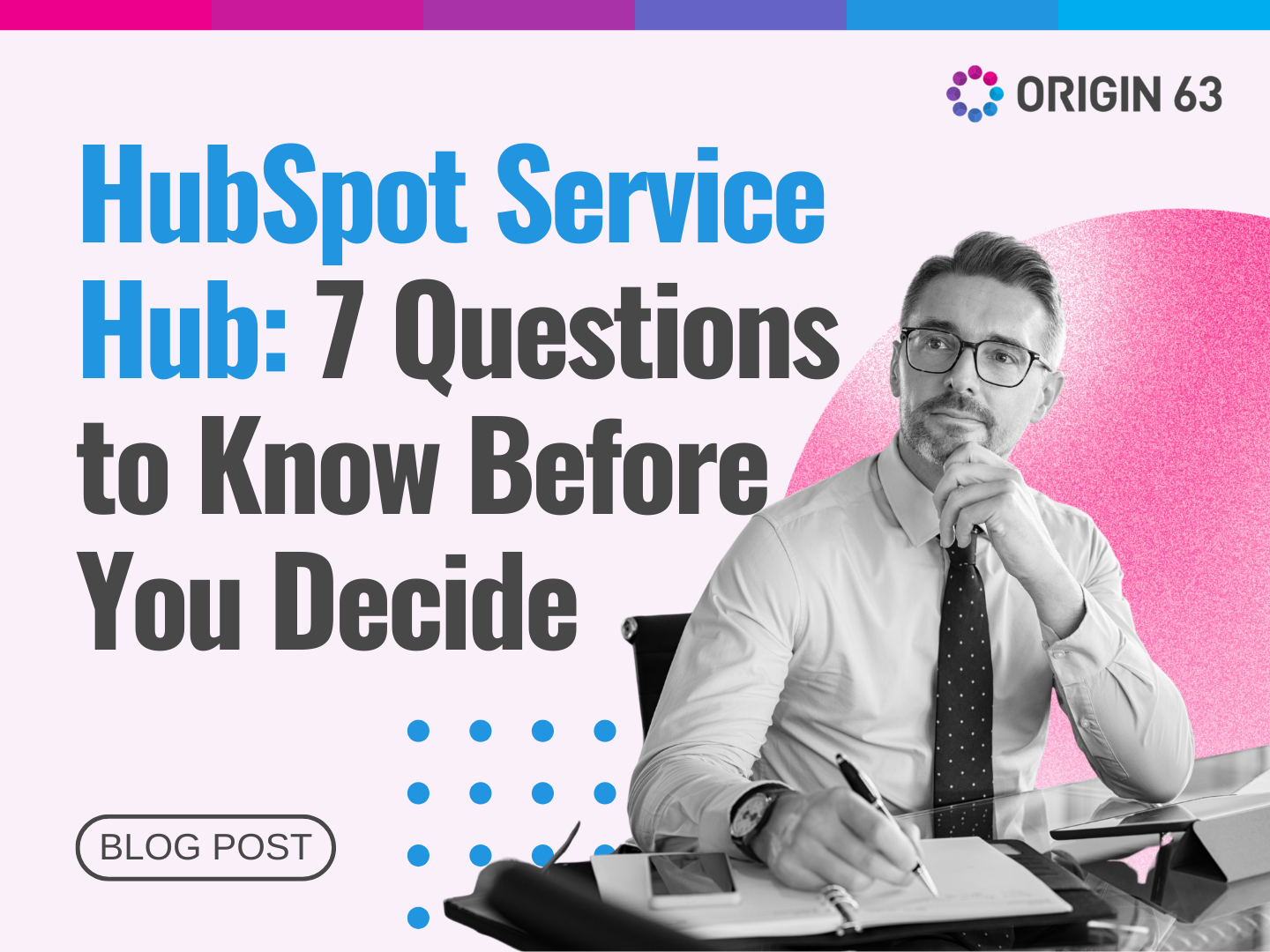
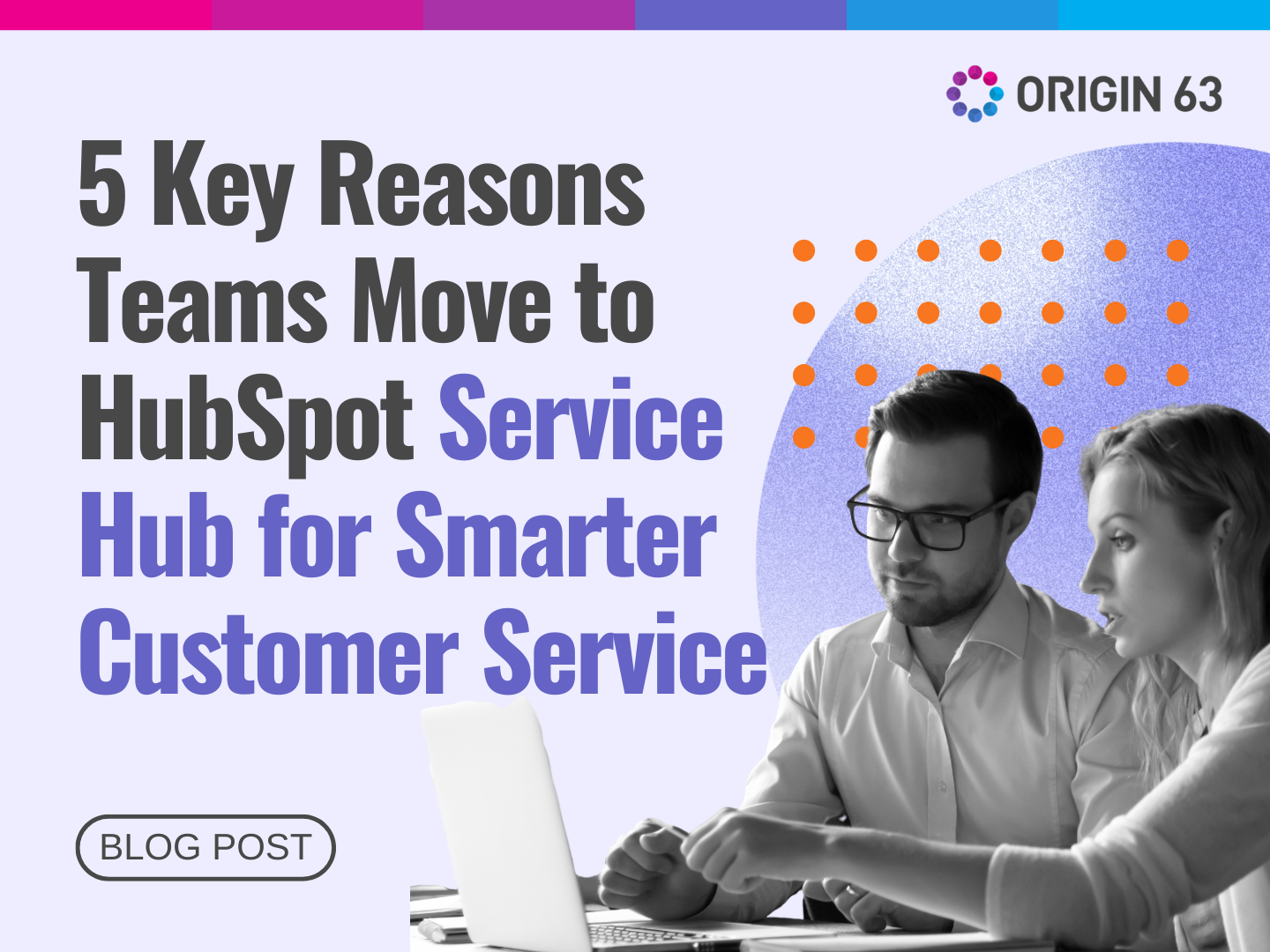






.png?width=90&height=90&name=Arrows%20Partner%20Badge-test%20(1).png)

